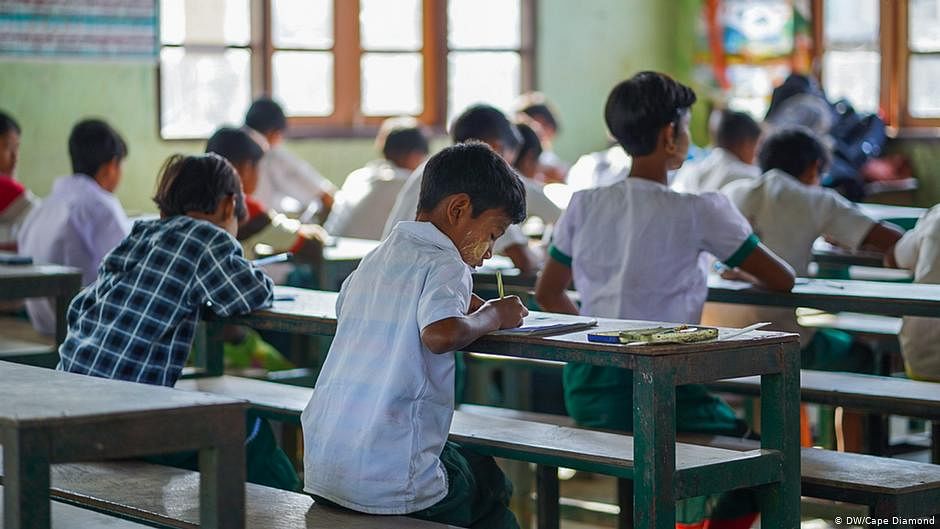Amid the COVID-19, pandemic, about 27 percent of students do not have laptops and smartphones to do their online classes. According to a governmnet survey, it has been found that the candidates who have these, find the online classes either “joyful” or “satisfactory”. Some students have also said that mathematics and science are the toughest to learn online.
In this survey 18,188 students have been covered who are studying in CBSE-affiliated schools, Kendriya Vidyalayas (KVs) and Navodaya Vidyalayas (NVs). The survey, has been conducted by the National Council of Educational Research and Training (NCERT), .
On Wednesday the findings were shared by the Education Ministry, as part of its ‘Students Learning Enhancement Guidelines’, according to which nearly about 33 per cent say that online learning was either “difficult” or “burdensome”.
As per the survey, almost 84 per cent rely on smartphones to access online classes. Only 17 percent of the students laptop whereas TV and radio were the least used for having online classes.
NCERT did this survey to “address different problems related to gaps and/or loss of learning among students, during this current pandemic”.
The guidelines suggest capacity building of teachers for supporting students who do not have access to any digital device or limited access to one.
The guidelines suggest that states and Union Territories must ensure that for children with no digital devices, textbooks would be the only resource, they have the full set available at home . The suggestion also puts forward that students must be provided the supplementary learning material, such as workbooks, worksheets, projects, quizzes and puzzles which can help them a bit in the process of learning.
The guidelines state that the school can create a Shiksha Team with the help of community members, in case, the school teachers and heads are staying in the same area where many students are who do not have access to smartphones, internet or laptops . The team can compromise of teachers from various schools and volunteers who will be responsible for arranging safe classes in the community at open spaces.
If in case this is not possible, the Ministry has also suggested that teachers form groups of students who stay in nearby locations. They can empower them to help the students and do peer learning and tutoring.
To watch educational programmes, arranging a TV set at the community centre in a village is another suggestion.

